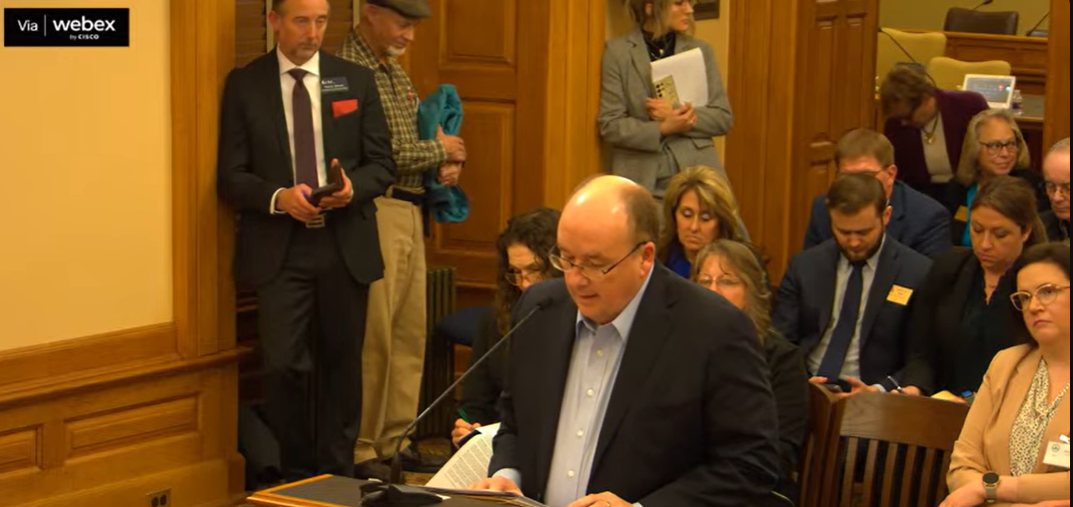Navigating In-Home Service Options: Resources Beyond Private Pay in Kansas
When it comes to finding the right in-home services for yourself or a loved one, navigating the myriad of options can be daunting. Fortunately, in Kansas, there are comprehensive resources available that extend beyond private pay companies, ensuring that individuals of all ages, abilities, and income levels can access the support they need. Here’s a closer look at some of these invaluable resources.
The Kansas Aging and Disability Resource Center (ADRC)
The Kansas Aging and Disability Resource Center (ADRC) serves as a one-stop shop for individuals seeking long-term service and support. Whether you are an older adult, a person with a disability, or a caregiver, the ADRC offers objective information and personalized counseling to help you make informed decisions about your care options.
Operated by the eleven Area Agencies on Aging (AAA) across the state, the ADRC provides:
- Coverage Across Kansas: No matter where you live in Kansas, ADRC ensures you have access to a wide array of support options tailored to your individual preferences, strengths, and values.
- Statewide Call Center: Reach out to knowledgeable staff for information, referrals, and assistance with community services via the statewide call center at 855-200-2372.
- Functional Assessments: The ADRC conducts assessments to determine eligibility for Home and Community-Based Service (HCBS) programs and nursing facility placements.
Senior Care Act Program
The Kansas Legislature established the Senior Care Act program to support older Kansans who can live in the community with some assistance. This program is designed for residents aged 60 or older who have functional limitations in self-care and independent living. Services vary by county but typically include:
- Attendant care
- Respite care
- Homemaker support
- Chore services
- Adult daycare
Participants contribute to the cost of services based on their ability to pay. The program is administered by the Kansas Department for Aging and Disability Services (KDADS) through the AAAs.
Older Americans Act (OAA) Programs
Enacted by Congress in 1965, the Older Americans Act (OAA) addresses the lack of social services for older adults in the community. The OAA offers:
- Legal assistance
- Caregiver support
- In-home services
- Transportation
- Nutrition programs
These services are typically free or available on a contribution basis. Like the Senior Care Act, the OAA programs are administered by KDADS through the AAAs.
Medicare and Medicaid In-Home Services
If you are under a physician’s care and require home health care services, Medicare or Medicaid might cover these services for short-term needs, provided there is an established care plan. Coverage requires using a home health agency certified for Medicare and Medicaid services. Additional financial support may come from:
- Private insurance
- Medicare supplements
- Long-term care insurance
Many home health agencies also offer private pay options for those needing additional or non-covered services.
Home and Community-Based Services (HCBS) Programs
For those needing more extensive support, the HCBS programs may be an option. To participate, you must:
- Be approved for Medicaid (KanCare)
- Meet the functional eligibility criteria
The initial assessment is carried out by the AAAs, such as the Jayhawk Area Agency on Aging for residents in Douglas County. HCBS programs are coordinated by Managed Care Organizations (MCOs) under KanCare, and care plans might include:
- Adult Day Care
- Personal Care Services
- Personal Emergency Response
- Home Telehealth
- Medication Reminders
- Enhanced Care Services, and more
The HCBS Frail Elderly (FE) Waiver is aimed at adults aged 65+ who meet the criteria for nursing home placement, are Medicaid eligible, and require assistance with activities of daily living.






